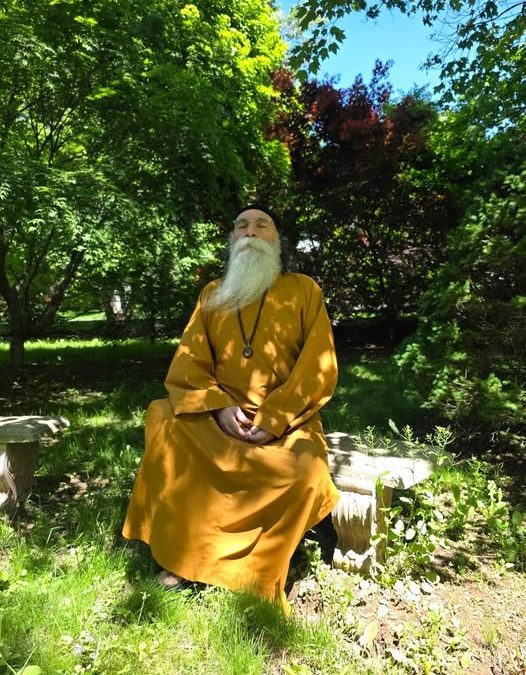
Remaining available
“Meditation does not admit gradations, scales, or hierarchical categories. It is not a sequential process or a step-by-step ascent, as if climbing rungs on a linear ladder. Its unfolding does not respond to a quantifiable progression, since its essential core—enlightenment—cannot be measured. Its presence cannot be measured out: either it has been revealed, or it remains absent. Its quality is absolute, not relative. A single clear vision is enough to radically alter the structure of consciousness, just as a spark is enough to consume the night, or a drop can contain the form of the ocean. However, although enlightenment is not fragmented into degrees, it can mature over time. The initial light does not increase by accumulation, but it can spread, penetrate more delicately, reach areas of being not yet integrated. This expansion does not imply a transformation of the essence, but a deepening of its radiance. Like wine, whose substance remains constant but gains body, density, and harmony with age, consciousness also acquires texture, stability, and depth as the state of presence becomes more consolidated. The parallel is eloquent. Newly made wine is authentic. It is already wine. It does not need to prove anything to be legitimate. But wine that has been left to rest in silence, without alteration or haste, acquires an internal complexity that distinguishes it. Its aroma becomes more subtle, its impact more lasting, its presence more rounded. Nothing is added to it: everything has emerged from what it already was, but without interference. In the same way, meditation, once it has taken place, is complete in itself. It does not need to develop to be valid. However, when it is intertwined with everyday actions, when it penetrates language, perception, and breathing, it becomes more stable, more silent, more real. Not as a result of a voluntary action, but because the subject has learned not to obstruct it.
Time does not create it, but it can clarify its presence. Comparison and judgment are frequent obstacles on this path. Measuring experience, competing with others, or seeking inner recognition is tantamount to abandoning the very essence of the practice. To meditate is to be. To be with increasing simplicity.
Being with increasing totality. Everything else—understanding, stillness, discernment—arises unforced, like fruit ripening or rain falling: without calculation, without will to dominate, without haste.
Enlightenment is not cultivated by accumulation nor achieved by effort. It is allowed. It does not require perfection, it requires availability. Where the mind ceases its inertia, and where the heart stops searching, the essential unfolds naturally. What should concern us is not reaching a higher state, but learning to remain available. Because in the silence of that availability, truth finds space to reveal itself in fullness.”
Prabhuji

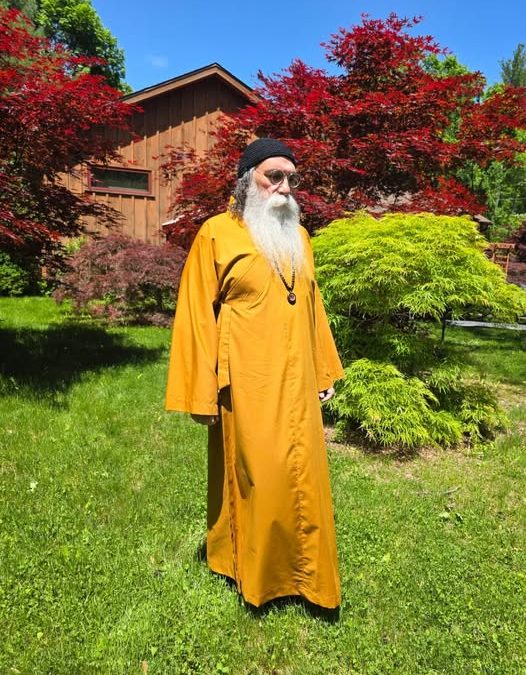
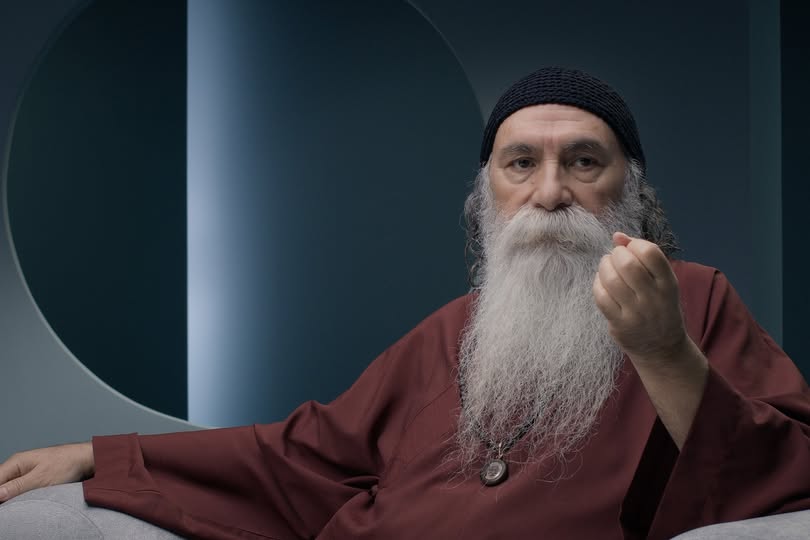
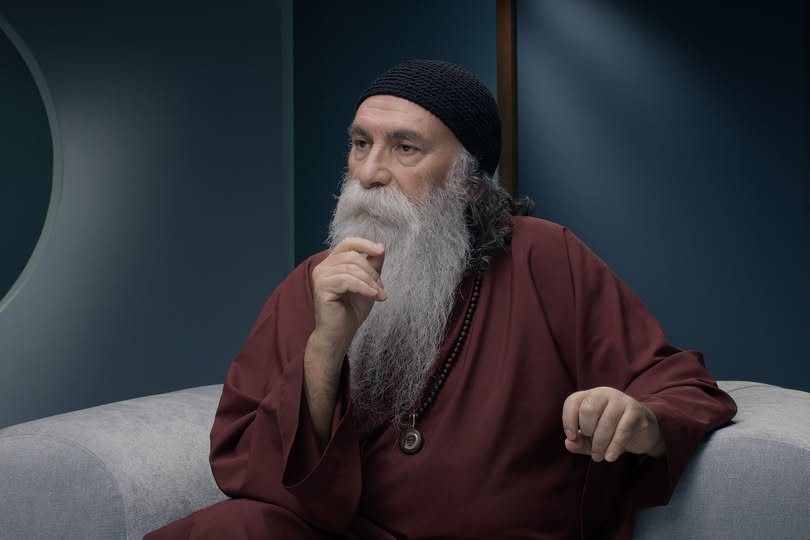
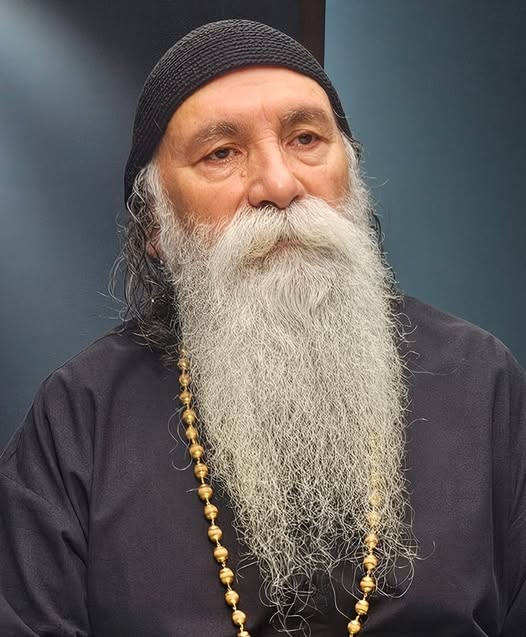
Recent Comments